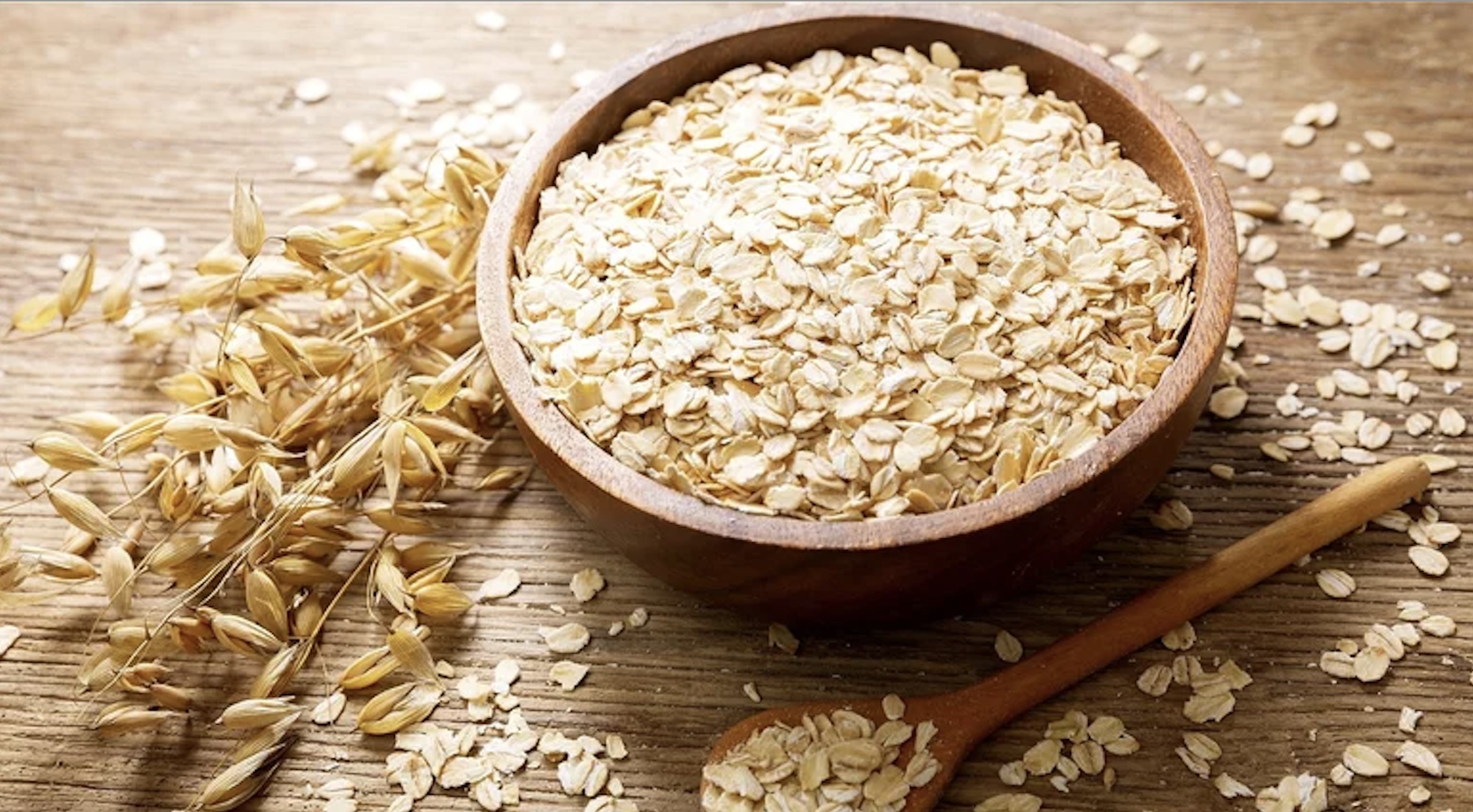Health Benefits of Quick Cook Oats
What are the health benefits of quick cook oats?
Quick-cooking oats, also known as instant oats or quick oats, offer several health benefits:
- Nutrient-Rich: Quick cook oats are a good source of essential nutrients, including fiber, protein, and vitamins like thiamine (vitamin B1), riboflavin (vitamin B2), niacin (vitamin B3), and folate (vitamin B9).
- Heart Health: The soluble fiber in oats, particularly beta-glucan, can help lower cholesterol levels, which is beneficial for heart health. It may also help regulate blood sugar levels and improve insulin sensitivity.
- Digestive Health: Oats are rich in dietary fiber, which promotes healthy digestion and helps prevent constipation. The fiber content also contributes to a feeling of fullness, which can aid in weight loss.
- Weight Management: The fiber and protein in oats can help you feel full longer, which may help with weight management by reducing overall calorie intake.
- Antioxidant Properties: Oats contain antioxidants, such as avenanthramides, which may help reduce inflammation and lower the risk of chronic diseases like heart disease.
- Blood Sugar Control: The soluble fiber in oats can help slow down the absorption of sugar into the bloodstream, which can help improve blood sugar control, especially in people with diabetes.
- Versatility: Quick cook oats are easy to prepare and can be used in a variety of dishes, including oatmeal, smoothies, baked goods, and more.
It’s important to note that while quick cook oats offer many health benefits, they are often processed, which can sometimes result in a higher glycemic index compared to steel-cut or rolled oats. It’s best to choose plain quick cook oats without added sugars or artificial flavors for the healthiest option.
What are the health risks of quick cook oats?
Quick-cooking oats, like other types of oats, are generally considered safe for most people when consumed in moderation as part of a balanced diet. However, there are a few considerations to keep in mind:
- Gluten Sensitivity: While oats are naturally gluten-free, they can sometimes be contaminated with gluten during processing. People with celiac disease or gluten sensitivity should choose certified gluten-free oats to avoid potential reactions.
- Digestive Issues: Some people may experience digestive issues like bloating, gas, or abdominal discomfort when consuming oats, especially if they are not accustomed to high-fiber foods. Gradually increasing fiber intake and drinking plenty of water can help reduce these symptoms.
- Phytic Acid: Oats contain phytic acid, which can bind to minerals like calcium, iron, and zinc, reducing their absorption in the body. However, this is unlikely to be a concern for most people with a balanced diet.
- Added Sugars and Ingredients: Flavored varieties of quick cook oats may contain added sugars, artificial flavors, and other additives, which can be detrimental to health if consumed in excess. It’s best to choose plain quick cook oats and add your own toppings for flavor.
- Calorie and Sugar Content: Some varieties of quick cook oats may be higher in calories and sugar, especially those with added ingredients. Be mindful of portion sizes and choose options with minimal added sugars for a healthier choice.
Overall, quick cook oats can be a nutritious addition to a balanced diet, but it’s important to choose varieties without added sugars or artificial ingredients and to consume them as part of a varied and balanced diet.




